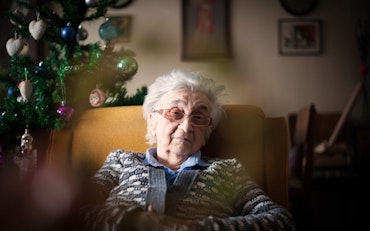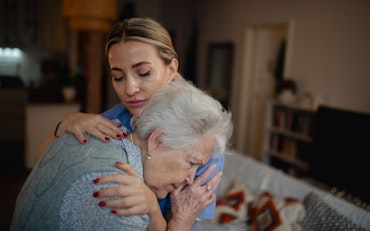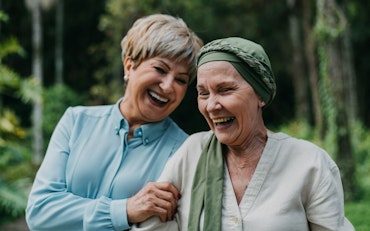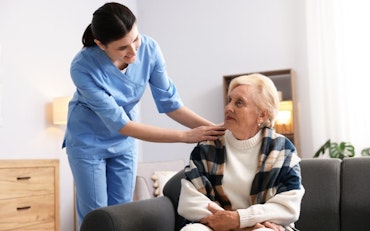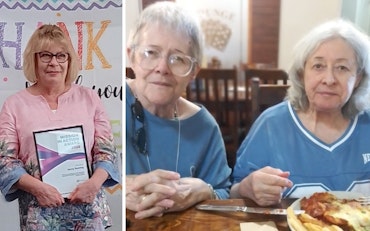World-first ‘Master of Breast Cancer’ academic cautions women over 40
![<p>Associate Professor Sanjay Warrier is a leading expert in breast cancer, with three practices in Sydney, New South Wales [Source: Invigorate PR]</p>](https://agedcareguide-assets.imgix.net/news/articles/wp/breastcancerrisk9.jpg?fm=pjpg&format=auto&w=550&q=65)
Associate Professor Sanjay Warrier is a leading expert in breast cancer, with three practices in Sydney, New South Wales [Source: Invigorate PR]
Key points:
- Associate Professor Sanjay Warrier is a globally renowned expert in the field of breast cancer and surgery, along with having developed the world’s first Master of Breast Cancer Surgery, which is taught at the University of Sydney
- Early-onset breast cancer is often more aggressive and harder to treat than breast cancer developed later in life
- ‘Perimenopause’ is a precursor to menopause, but has some changes in and of itself — around one-third of women diagnosed with breast cancer had not entered menopause yet
Assoc/Prof Warrier’s breast health and surgical work has pioneered future research in breast cancer detection and treatments, with his research improving outcomes for patients across Australia.
The researcher and surgeon has guided many women through the process, grief and treatment of breast cancer detection and he is encouraging women across Australia to make a mental note of the condition when they turn 40.
“This time of ‘perimenopause’, ie ‘the change before the change’, is a really significant time that is not often talked about, sandwiched as it is between youth and menopause. It’s actually a really important time to start noticing changes in your breast health, and start important conversations with those around you,” he said.
Dr Warrier said one of the first signs of breast cancer is sensitivity, resulting from increased surges of oestrogen. He added that breasts can become tender and you may notice them a lot more than you did before.
“Your bra may start to feel a bit tighter than it used to. The shorter cycles, increased oestrogen and inflammation can lead to swelling. This is more common in overweight women, as stored fat can increase oestrogen in your bloodstream.”
The medical professional urged women to overcome the stigma which may prevent them from an examination out of physical discomfort or personal insecurity, as women who have entered perimenopause have an increased risk of developing the condition.
“As your breasts age they can change shape, get lumpier and even denser. This can lead to feeling more lumps but also more difficulty in finding the troublesome ones. That’s why getting regular check-ups and screens to make sure anything concerning is caught early is a really good idea,” Associate Professor Warrier explained.
“Although it may be a little uncomfortable, the few minutes of discomfort far outweigh the alternative.”
To increase your odds against breast cancer development or progression, Dr Warrier suggests the following:
- Push-ups
- Wearing a more supportive bra
- Knowing your family health history
- Focusing on maintaining a healthy weight
- Getting regular check ups or reporting abnormalities to your physician
He added that there’s a simple way to supplement — not replace — your regular health check-ups; through a process of ‘look,’ lift’ and ‘feel,’ which can be done in the privacy of your own home in front of the mirror.
“The two biggest factors [in developing breast cancer] are non-modifiable; being female and increasing age. However, there are modifiable factors. Lifestyle plays a part. Beer, wine and spirits can increase the levels of oestrogen and other hormones in the body associated with breast cancer development. Smoking can increase your risk of breast cancer,” Dr Warrier said.
“If you’re a little embarrassed to talk about your breasts with your friends, now is a great time to start opening up the topic as everyone is probably feeling as anxious as you. It can be a really great feeling to realise that while everyone is different, you’re actually totally normal.”
If you believe that you may be at risk of breast cancer or require guidance, please contact Breast Cancer Network Australia for support.




